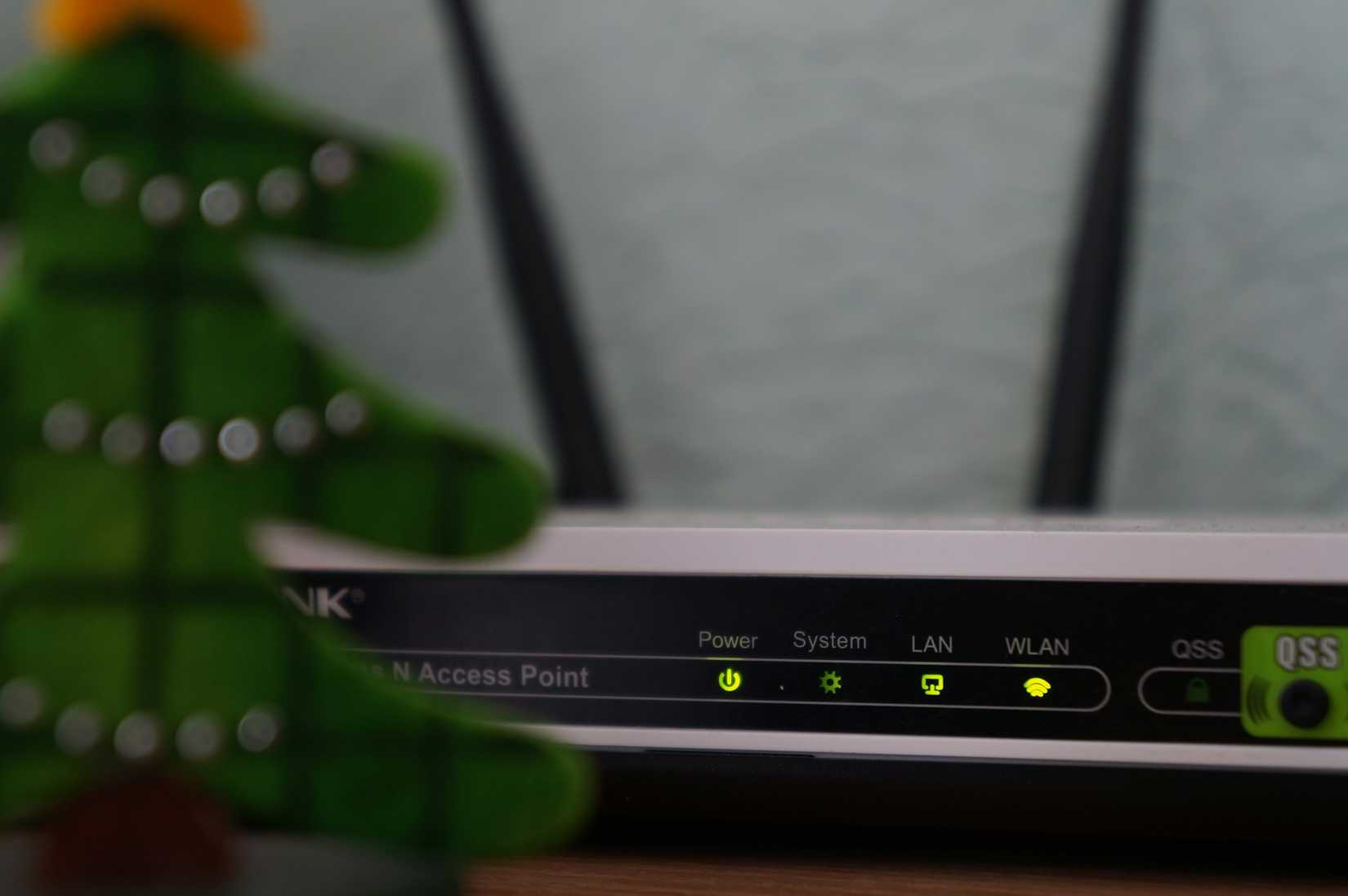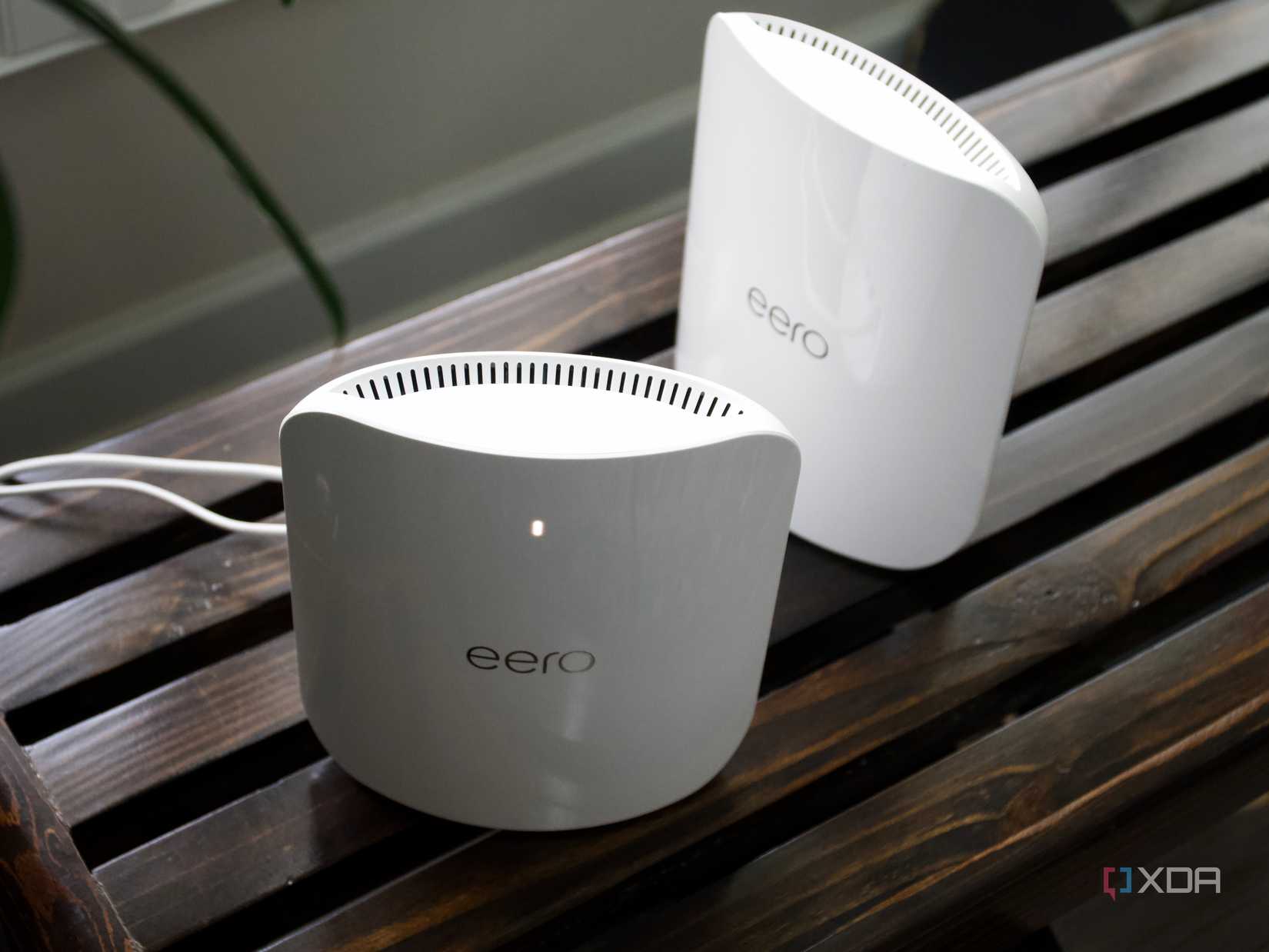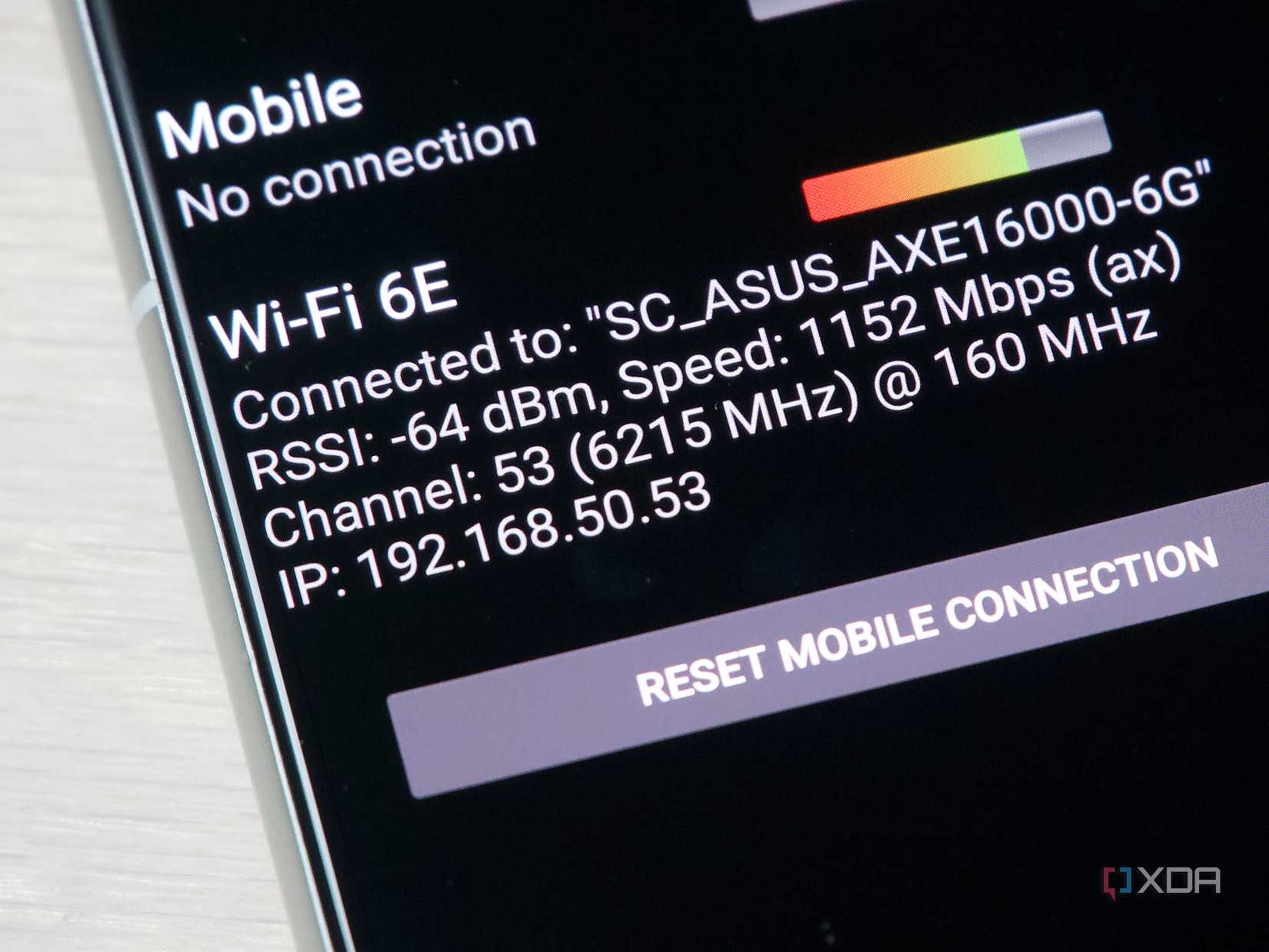Wi-Fi is an ever-changing beast, and whatever is available right now will be supplanted by a new version in the coming months. This is how it's always been, and while the latest Wi-Fi routers are better than ever, do you really need them? I realize there's an aspect of hubris in that question because I've got Wi-Fi 7 access points, routers, and mesh nodes in my home, but it's my job to test these things, so I know what I'm talking about.
Yes, the speed improvements are tangible, but there is a massive caveat: every part of the equation needs to support the full suite of Wi-Fi 7 features. Which is a problem, because most devices don't. Yes, it's like HDMI 2.1, where manufacturers can still use the Wi-Fi 7 name even if they're not using every part. In short, it's a mess, and it won't get better in the short term.
I'm not saying don't get Wi-Fi 7, but...
It is impressive, but do you really need it?
At any given time, my home network is a mix of Wi-Fi 7 and Wi-Fi 6E broadcast radios, and while something feels different when connected to the Wi-Fi 7 ones, that could be a combination of placebo effect and having fewer devices connected. Without running speed tests, they both feel around the same for browsing and downloads. Both take advantage of my gigabit fiber internet connection and have similar wireless coverage range.
The most significant improvement on both is the 6GHz band to avoid the congested airwaves that my neighbor's dual-band routers are putting out. Most of my devices support Wi-Fi 6E or earlier, with only a few having Wi-Fi 7. And of the few that do, most don't use the 320MHz channel, including the new iPhone 17.
While it's true enough that the iPhone is a primary driver of adopting new Wi-Fi technology, many users will buy Wi-Fi 7 routers and be disappointed that they're not seeing the promised speeds. Not a single client has more than 2x2 stream capability (yet), and the most powerful access points I've seen are all 4x4 on each of their three radios. The extra stream capacity of the broadcaster will make it a better experience when more devices are using it, but it won't increase speeds.
How old is your current router?
 Source: Unsplash
Source: Unsplash
The general rule of thumb for replacing your router is five years, on average. Note that this is for ISP or consumer-level routers; enterprise and prosumer ones are built with better components and, more importantly, better cooling, so they last longer. So, if your current router is using Wi-Fi 5 or even older, it's about time to consider a change.
That doesn't immediately mean you should pick up a Wi-Fi 7 router. If you've been using your ISP router for that long, and you don't want to manage your own router, see if the ISP will upgrade you (they probably will, newer hardware keeps their network safer). Wi-Fi 6E is the magic number to aim for right now because it will be a huge improvement over your current wireless network, and, again, you might not need Wi-Fi 7.
The current state of the market is in flux
And Wi-Fi 8 is just around the corner

Don't get me wrong, I'm excited about Wi-Fi 7 and its benefits to the market. But it's a half-step towards the features in Wi-Fi 8 that will benefit consumers more. It's also good that client devices are manufactured with Wi-Fi 7 now, but that doesn't mean you need a Wi-Fi 7 router. Wi-Fi 6E routers have the all-important 6GHz band, and the hardware is significantly cheaper.
Wi-Fi 6E is still a big deal

If I unplugged my Wi-Fi APs, I'm not sure I'd notice the difference because Wi-Fi 6E is already enough for most homes. Most of us don't have hundreds of client devices or heavily congested areas like stadiums or schools to contend with, and Wi-Fi 7 clients connect to the older version just fine. As I mentioned earlier, 2x2 streams are the most available for any client devices right now, and with few devices enabling the 320MHz channels, the 160MHz that Wi-Fi 6E also gives is your maximum speed anyways.
The near future will change things
Cheaper routers, better access points, and more multi-gig ISP plans are nearly here
Over the years, I've been an early adopter of Wi-Fi versions. I moved all my computers to Wireless-N for the 5GHz band, then again to Wireless-AC for dual-band connectivity, and so on up to Wi-Fi 6E. I've only ordered one Wi-Fi 7 adapter to replace a faulty one that came with a motherboard. I don't see the need to upgrade everything right now, and there's one big reason.
Okay, two big reasons. One was that my wired network segments were limited to 1GbE and then 2GbE, which isn't enough bandwidth to feed a Wi-Fi 7 AP fully. I'm about to replace my main network switch with one that supports 10GbE and Multi-Gig, so the equation changes somewhat, but even then, I will add Wi-Fi 7 devices as they need replacing, not before.
The other is that Wi-Fi 8 is coming, and while I can get excited about the speed benefits of Wi-Fi 7 as an enthusiast, it's the generation after that which will be more useful to everyone. That's because it is designed for how we use our devices,not to chase theoretical speeds in a lab. It'll handle congested airwaves better, work better near the edges of the range of your router, and hand off devices between nodes better.
It's actually worth waiting for, and that's the bottom line. Because it focuses on stability and experience instead of speed, it shouldn't be as affected by 2x2 clients, which means you'll notice the difference. ISP speeds are also increasing, and there's less of an incentive to upgrade home networking until that happens.
If you've managed this long without Wi-Fi 7, you can wait a little longer
Wi-Fi 7 routers are still expensive. The budget versions you see on the market often drop the 6GHz band, making them pointless in my eyes, and it's this confusing state of affairs that makes me advise caution. You probably don't need Wi-Fi 7 on your router, especially if you already have one that supports Wi-Fi 6E.
.png)











 English (US) ·
English (US) ·